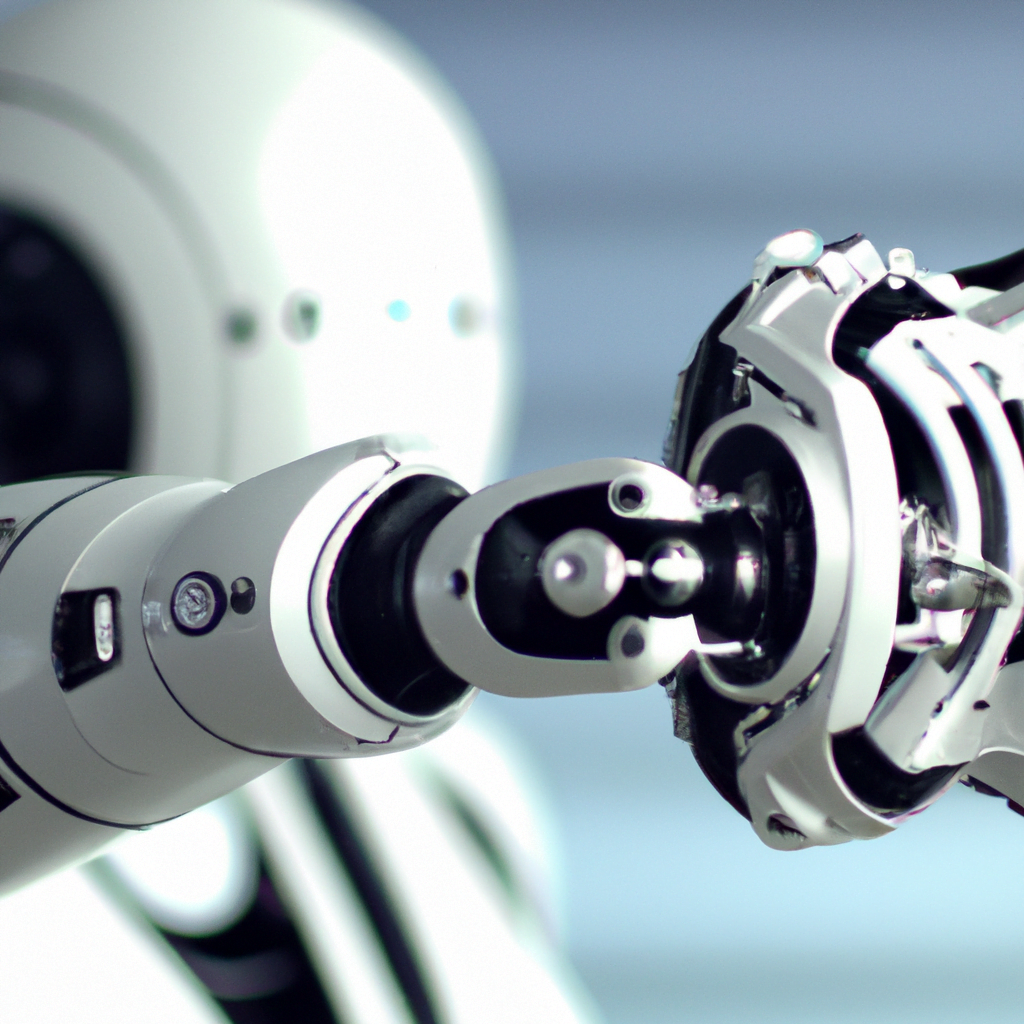Medical Diagnosis
Artificial intelligence (AI) has made significant strides in recent years, with medical diagnosis being one of the most promising areas of application. AI medical diagnosis is a rapidly growing field, with the potential to revolutionize healthcare delivery and improve patient outcomes. In this article, we will explore the current state of AI medical diagnosis, its benefits, challenges, and future prospects.
AI medical diagnosis involves using machine learning algorithms to analyze medical data and assist healthcare providers in making accurate diagnoses. This technology has the potential to reduce diagnostic errors, improve treatment outcomes, and enhance the overall efficiency of healthcare delivery. The primary advantage of AI medical diagnosis is its ability to analyze vast amounts of data quickly and accurately, far beyond what a human could do in a reasonable amount of time.

One example of AI medical diagnosis in action is the use of deep learning algorithms to analyze medical images such as X-rays, CT scans, and MRI scans. These algorithms can accurately identify and classify abnormalities, allowing healthcare providers to make more accurate diagnoses and develop better treatment plans. This technology is particularly useful in diagnosing diseases that are difficult to detect through traditional methods.
Another promising application of AI medical diagnosis is in the field of genomics. By analyzing a patient’s genetic data, AI algorithms can identify potential disease risks and provide personalized treatment plans. This technology has the potential to transform how we approach preventative medicine, allowing us to identify and treat diseases before they become life-threatening.
Despite the many benefits of AI medical diagnosis, there are also some challenges that need to be addressed. One major concern is the potential for bias in the algorithms used to analyze medical data. If the algorithms are trained on biased data, they may produce biased results, leading to inaccurate diagnoses and treatment plans. Another challenge is the need for proper data governance and privacy protections, as patient data must be securely stored and protected.

To address these challenges, it is essential to develop robust data governance frameworks and ethical guidelines for AI medical diagnosis. This will help ensure that the technology is used safely and effectively, without compromising patient privacy or leading to biased results. It is also important to continue investing in research and development, to improve the accuracy and effectiveness of AI algorithms.
In conclusion, AI medical diagnosis has the potential to transform healthcare delivery and improve patient outcomes. By leveraging the power of machine learning algorithms to analyze medical data, healthcare providers can make more accurate diagnoses, develop better treatment plans, and provide personalized care. However, to fully realize the potential of this technology, we must address the challenges of bias and data governance, and continue to invest in research and development. With proper safeguards in place, AI medical diagnosis has the potential to revolutionize healthcare and improve the lives of millions of people around the world.





